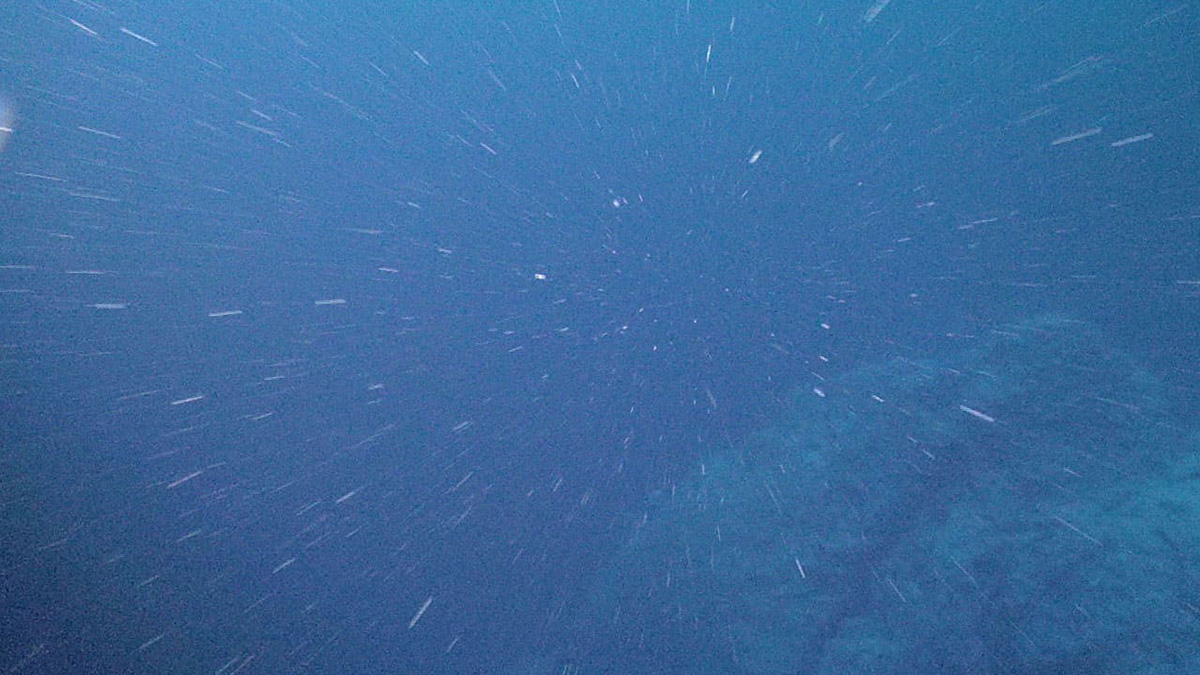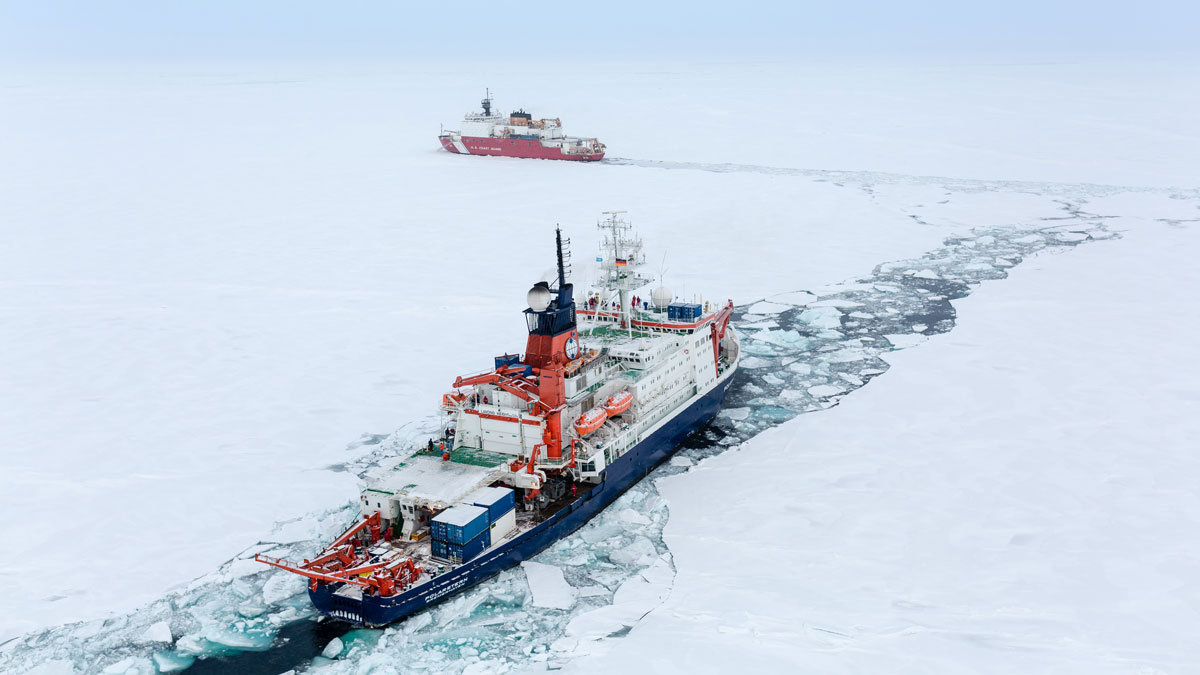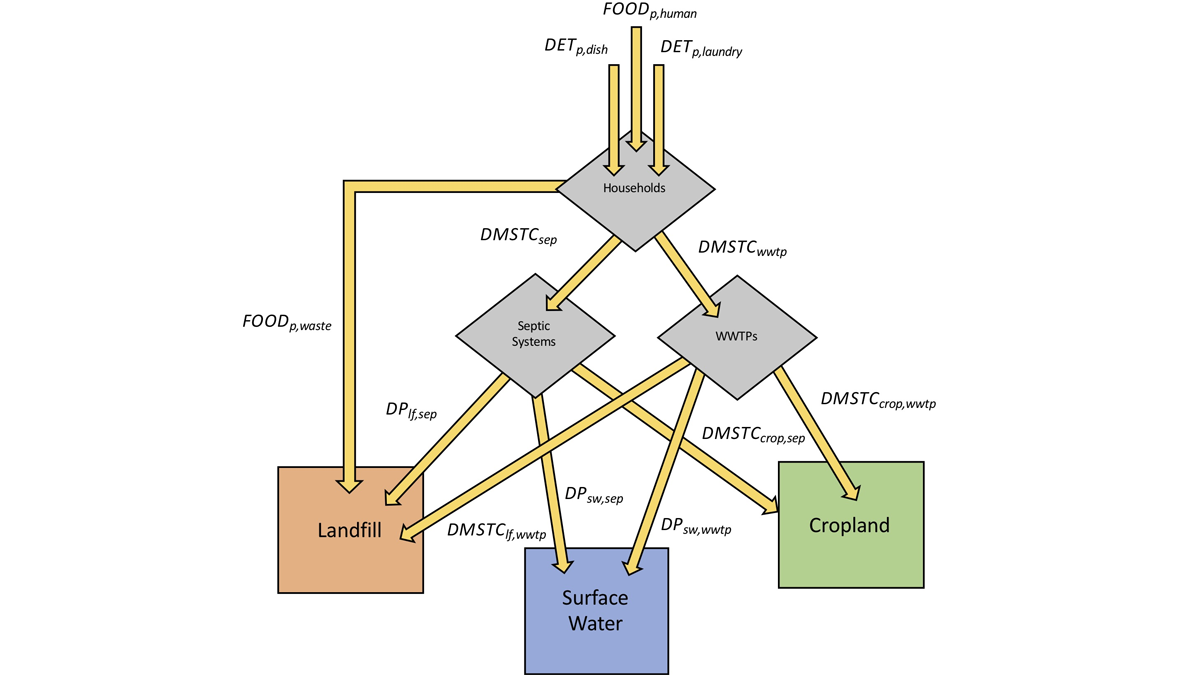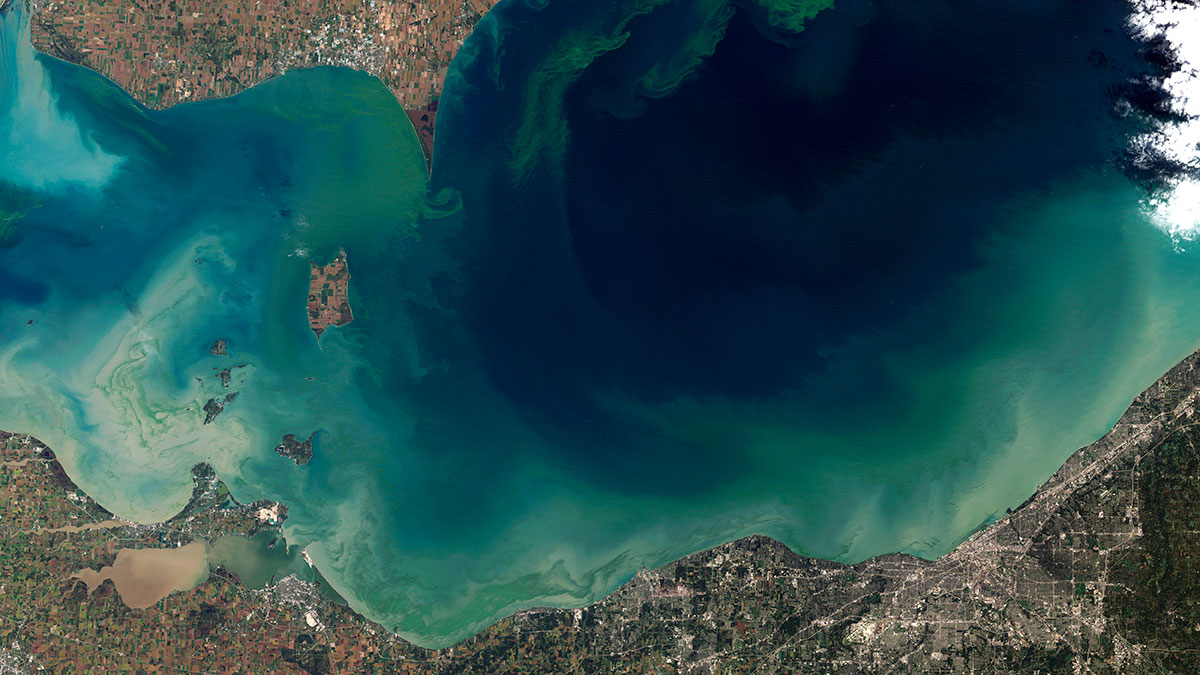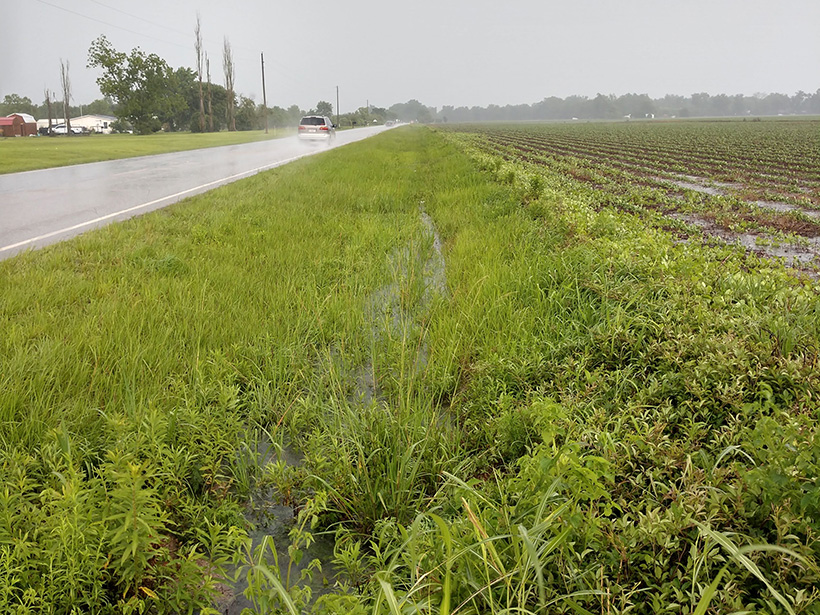New research suggests that overlooked upwelling systems in western boundary currents play a role in transporting nutrients, carbon, and heat in the global ocean.
nutrients
Traditional Fertilizers Beat Out Industrial Chemicals in Soil Health Test
New research in western India found that fertilizer based on Traditional Ecological Knowledge made soil more fertile in a head-to-head test with industrial fertilizers.
Coastal Aquaculture Can Reduce Nutrient Transport
High-resolution simulations of China’s Sanggou Bay show that suspended aquaculture alters hydrodynamics and weakens transport of nutrients to the area from offshore bottom water.
The Seasonality of Oceanic Carbon Cycling
Scientists uncovered how seasonal changes affect the amount and rate of carbon as it moves from the ocean’s surface to its depths.
Diurnal Oxidation for Manganese Minerals in the Arctic Ocean
The relative abundance of different oxidation states for this important micronutrient varies on the basis of how much available sunlight there is.
Plant Root Exudates Mediate Soil Nutrient Transport
Plant roots mediate solute transport through the soil immediately surrounding them by introducing polymers and other binding compounds that disrupt water transport pathways between soil pore spaces.
Water Quality Policy Must Consider Stored Watershed Phosphorous
Phosphorous stored in watersheds and affects water quality for decades. A new model predicts phosphorus accumulation and depletion, and the consequences for water quality conservation measures.
Cyanobacteria Blooms Exceed WHO Thresholds in Midwest Lakes
A study of 369 lakes across the Midwest finds that many of them, especially those close to agriculture, have high concentrations of harmful algal bloom-causing cyanobacteria.
Index Suggests That Half of Nitrogen Applied to Crops Is Lost
Food production is becoming less efficient at using nitrogen fertilizer, according to a review of global values. Excess nitrogen damages the environment and the climate.




